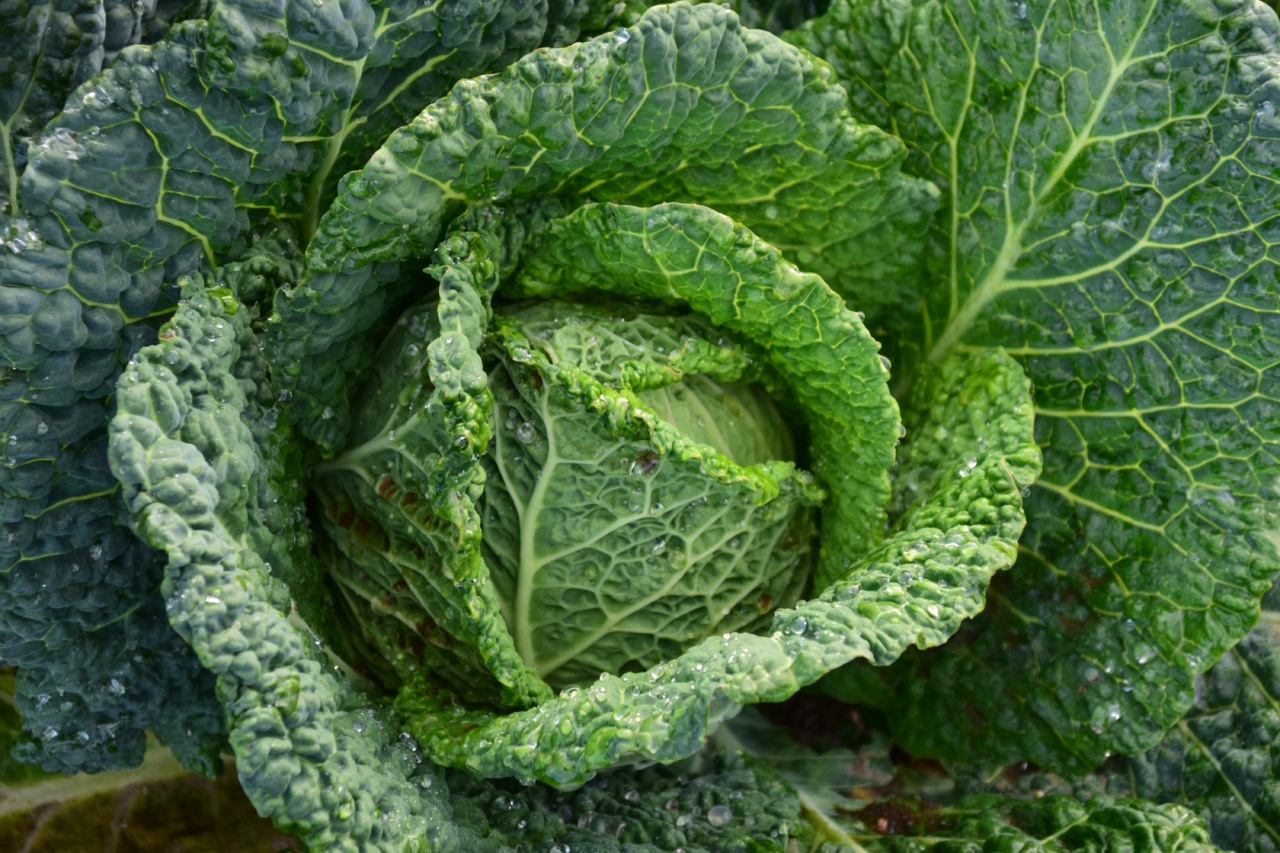Cabbage is a cruciferous vegetable belonging to the Brassicaceae family. It is a leafy green vegetable that has been used as a food source for thousands of years. Cabbage is packed with nutritional benefits and is rich in fiber, vitamins, and minerals.
However, some people believe that cabbage can be harmful to health if consumed in large quantities. In this article, we will explore whether or not cabbage is harmful to your health.
Nutritional Benefits
Cabbage is an excellent source of Vitamin C, Vitamin K, and Fiber. In fact, one cup of chopped raw cabbage provides 54% of the recommended daily intake of Vitamin C.
Vitamin C is an antioxidant that helps boost the immune system and reduces the risk of chronic diseases such as heart disease and cancer. Vitamin K is essential for blood clotting and bone health. Fiber is crucial for healthy digestion and can also help reduce the risk of heart disease and certain types of cancer.
Anti-Inflammatory Properties
Cabbage has anti-inflammatory properties that help reduce inflammation in the body. Inflammation is the body’s natural response to injury or infection.
However, chronic inflammation can lead to several chronic diseases such as heart disease, diabetes, and cancer. The anti-inflammatory properties of cabbage help reduce the risk of chronic diseases and promote overall health and well-being.
Possible Side Effects of Consuming Cabbage
Cabbage is generally safe to consume and does not have any harmful effects on health when consumed in moderation. However, the following are some possible side effects of consuming cabbage in excess:.
Gas and Bloating
Cabbage is high in fiber and can cause gas and bloating in some people, especially those with a sensitive digestive system. It is advisable to consume cabbage in small quantities to avoid gas and bloating.
Hypothyroidism
Cabbage is a goitrogenic food, which means it contains substances that can interfere with the thyroid gland’s function, leading to an underactive thyroid gland or hypothyroidism.
However, this is only a concern for people who have an iodine deficiency or those who consume large amounts of raw cabbage. Cooking cabbage can reduce its goitrogenic properties.
Interaction with Blood-thinning Medications
Cabbage contains Vitamin K, which is essential for blood clotting. Consuming cabbage in large quantities can interfere with blood-thinning medications such as warfarin, leading to an increased risk of bleeding.
If you are taking blood-thinning medications, it is advisable to consult your doctor before consuming cabbage.
Conclusion
Cabbage is a nutrient-rich vegetable that offers several health benefits. It is safe to consume in moderation and can form part of a healthy diet. However, consuming cabbage in large amounts can lead to the side effects mentioned above.
It is advisable to consume cabbage in small quantities and to cook it to reduce its goitrogenic properties. Consult your doctor if you have any concerns about consuming cabbage.






























